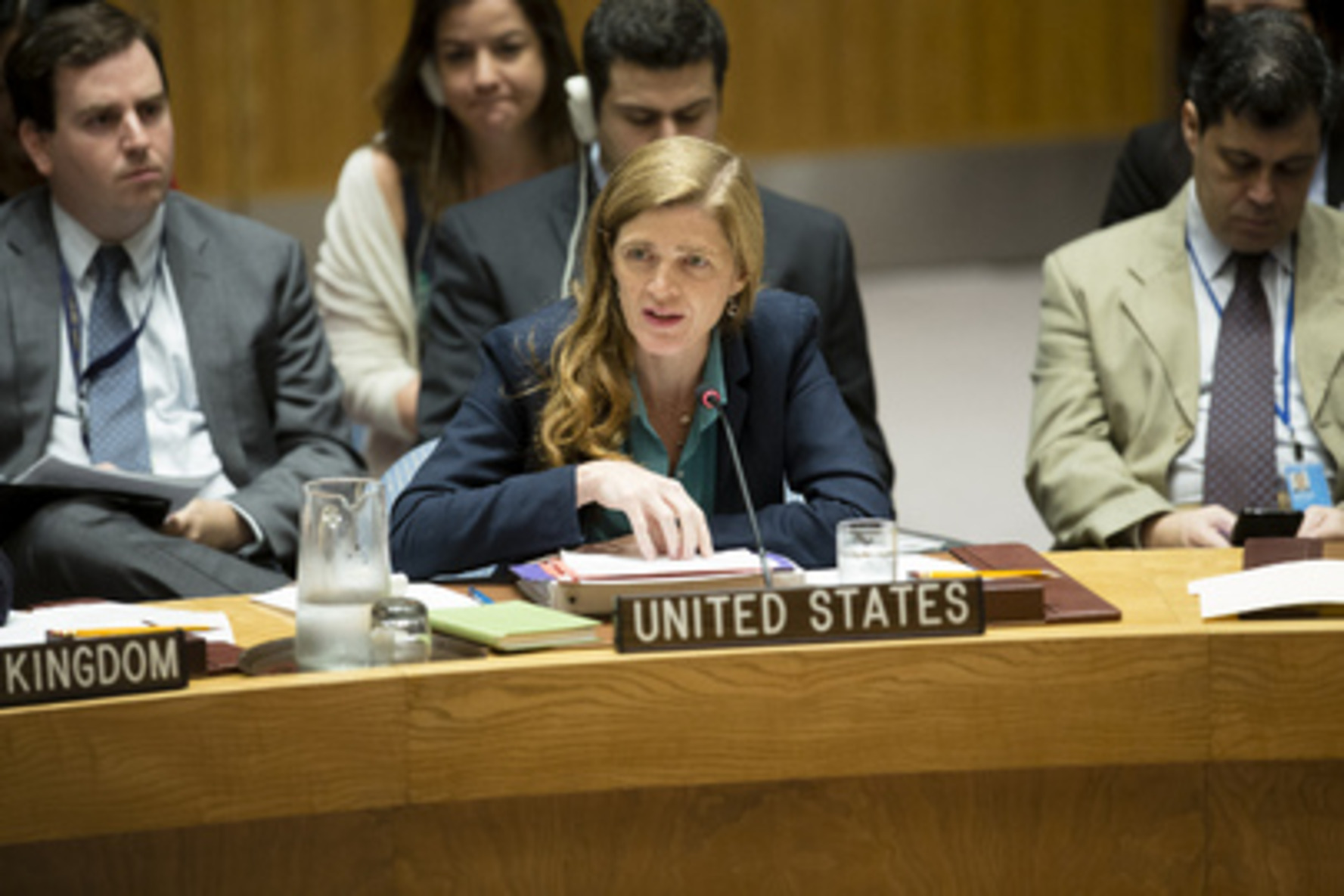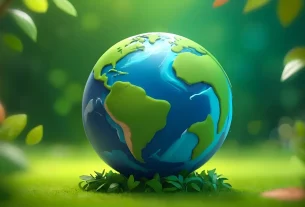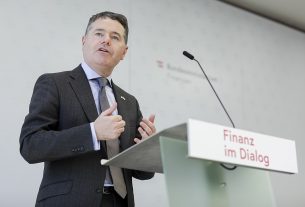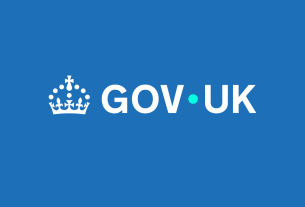Mohammed VI Polytechnic University
Ben Guerir, Morocco
ADMINISTRATOR SAMANTHA POWER: Good afternoon, everybody. Thank you to GiveDirectly Vice President [Yolande] Wright for your extraordinary partnership. Thank you to UM6P President [Hicham] El Habti.
I have to say a word about UM6P before talking about this partnership. When I am not in government, I have had the great privilege in my life as a professor at Harvard University. So I have engaged, and very blessed to engage, some of the most incredible students and faculty in the world at Harvard. But it may have met their match here. I must say this is an extraordinary campus – the spirit of innovation, the dedication and the desire to have an impact, not just here, in Morocco, but regionally, and all around the world.
So there are many aspects. There are many aspects of my time in Morocco that I will take away from me, from taking with me back to the United States, and in my future travels. But experiencing the ambition of this university, and the students and faculty members who constituted, and the administrators who lead it, is something I will remember for a very long time. And I look forward to telling people about what is happening here in Morocco, it’s really quite extraordinary.
This partnership is really important because it is aimed at helping communities adapt to what is fundamentally an existential threat – the existential threat of climate change.
As many of you know too well, Morocco is one of the most climate vulnerable countries in the world. Six consecutive years of drought and rising temperatures are causing Morocco’s limited freshwater resources to dry up. Al Massira Dam, Morocco’s second largest dam, has a fill rate of just over two percent, which is a sign of intense water scarcity.
Last year, this long-lasting drought reduced the wheat harvest by around 60 percent. The World Bank estimates that losses due to natural disasters like heat waves, floods, and wildfires cost Morocco about $800 million a year. And, if temperatures continue to rise – as sadly they look likely to do – that number could increase.
But what is so inspiring about being here in Morocco is seeing that the Moroccan people are not simply cursing the darkness or cursing the heat. They are doing something – they are taking action to face these challenges.
As I mentioned, I just met with students, the students were from the College of Agriculture and Environmental Sciences. I talked with them about their research, their own research in developing drought and heat tolerant crops – crops that are going to grow better in a climate that is going to be hotter and drier. They are seeking to find ways to put into the marketplace, to make sure that farmers – small scale farmers and large producers – have access to seeds that can not only survive, but thrive in the weather environments that they will find themselves in.
I also had a conversation with five presidents of cooperatives here, in Morocco. They share the incredible work that they and their cooperatives are doing to lead on climate action, and specifically again to adapt to the trends changing climate. I was impressed with their work, to make value-added local products, and to create employment opportunities that also help communities build resilience to the changing weather.
We want to make it possible to expand this important work. So today, I am glad to announce the launch of the first component of USAID Morocco’s new, inclusive climate action program – that is the Cooperative Resilience Program. This is in partnership, of course, with the university and with GiveDirectly. This new program, developed in cooperation – collaboration with Morocco’s National Initiative for Human Development, supports Moroccan cooperatives and entrepreneurs, especially women and young people to grow their businesses and to build their resilience to climate shocks.
This program will provide climate-focused cash grants and technical assistance from the university to more than 1,000 cooperatives and entrepreneurs engaging in climate action work. That could be pursuing climate resilient agricultural practices, or agricultural commodities. It could be improving water and energy efficiency. Or, as we’ve seen today, it could be upcycling plastics and metals. UM6P will work with cooperative members and entrepreneurs to provide vital, in-person training to learn about climate solutions like water conservation, crop diversification, and recycling. And then, with the cash distributed by GiveDirectly, the cooperatives and entrepreneurs can purchase the inputs, the tools, and the materials they need to implement these climate-related solutions, reducing barriers to finance for climate adaptation and empowering women and young people to lead the way in building more climate resilient communities.
Already, to be clear, Morocco is recognized globally as a leader in climate action. Already, Morocco has made great strides toward achieving its goal of reducing greenhouse gas emissions by 45 percent by 2030. Now, Morocco is advancing that leadership even further, not only by reducing emissions, but in cutting-edge ways supporting communities to adapt to the challenges that a changing climate will bring.
We at USAID, on behalf of the American people and the U.S. government, are eager to do everything that we can to support this vital effort. And we look forward to sharing with other countries, also facing significant climate related challenges, the best practices that Morocco is at the forefront of developing.
Thank you all. Great to be with you.



